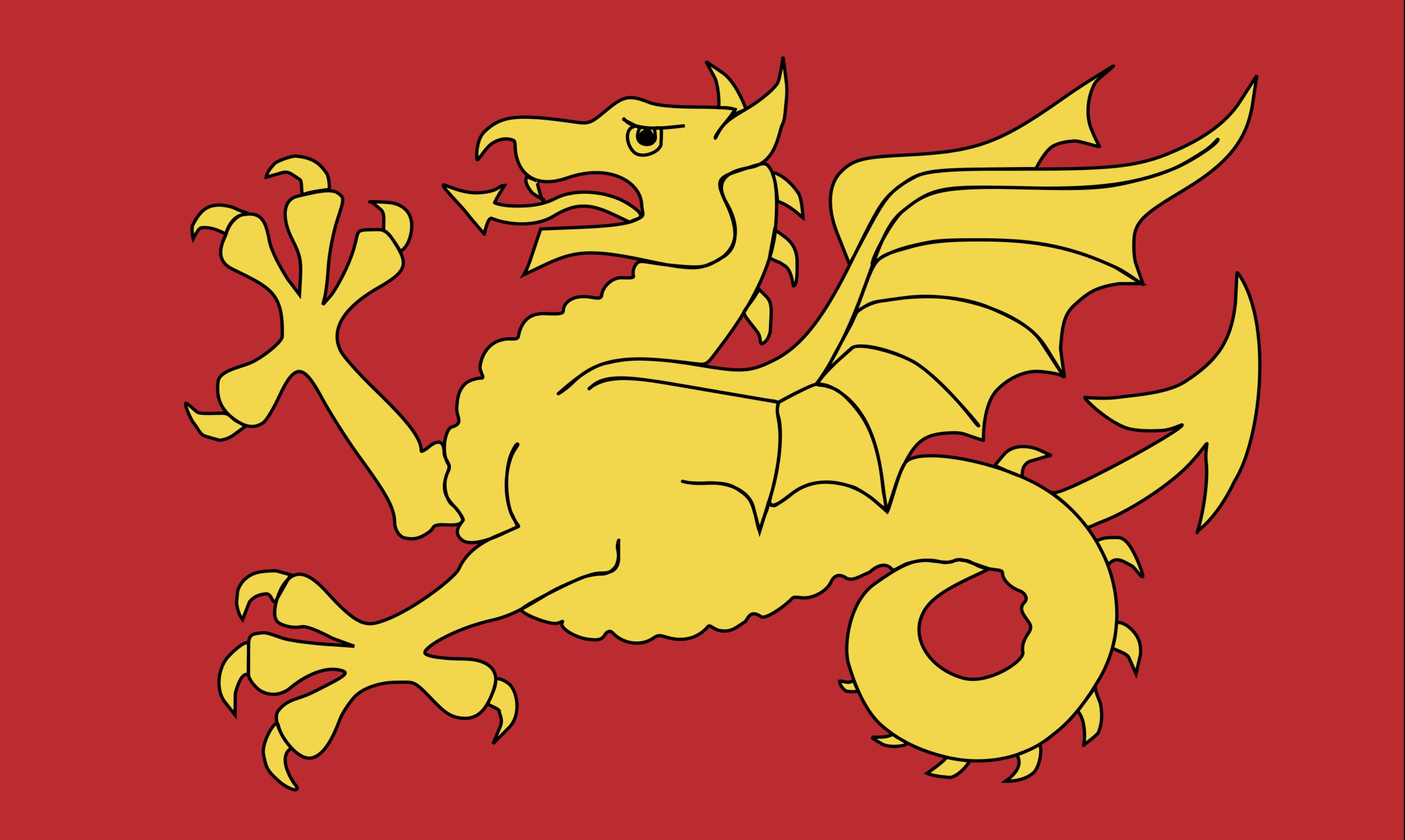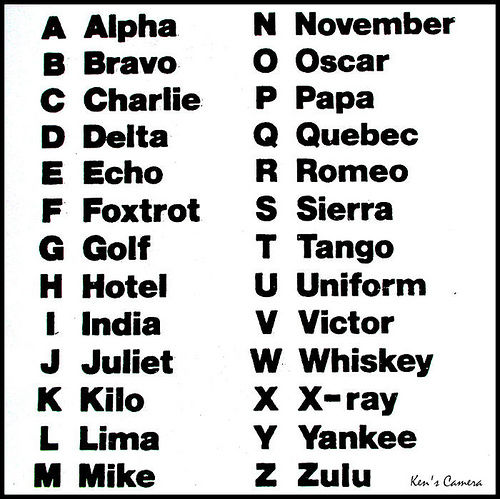| Issue December-13 | ||
 |  |
|
| ·Home ·Politics ·News ·Sport ·Life ·Culture ·World ·Essays ·About | ·Archive | |
| ||||||||||||||
Whisky Tango Hotel - Where The Hell did the Nato Alphabet come from |
 |
Where the Hell did it come from? Here in the UK we all use the Nato alphabet. Probably in the states the majority of civilians will still use the Able, Baker system and in other countries their own special versions. I know from the many years I have lived in Germany that the population uses people's names such as Alfons or Berta. I don't know what the French or Italians use. But as ever on the quest for interesting trivia: where does the Nato alphabet come from? You can look it up on WikiPedia and read pages of data. Another of my gripes. Wikipedia used to a nice place to go to get some general knowledge. More and more it has been taken over by experts who, they must be right, are making it too longwinded, too detailed for the likes of normal beings. Back to nato: The Nato Alphabet is also referred to as the ICAO (International Civil Aviation Authority) or ITU (international Telecommunications Union) alphabet. Up until the end of the second world war war there had been various attempts to create a uniform and reliable coding system for spelling via radio and other speech based communications systems. A spelling alphabet is used to spell parts of a message containing letters and numbers to avoid confusion, because many letters sound similar, for instance "n" and "m" or "f" and "s"; the potential for confusion increases if static or other interference is present. For instance the message "proceed to map grid DH98" could be transmitted as "proceed to map grid Delta-Hotel-Niner-Ait". Using "Delta" instead of "D" avoids confusion between "DH98" and "BH98" or "TH98". The unusual pronunciation of certain numbers was designed to reduce confusion as well. Several letter codes and abbreviations using the spelling alphabet have become well-known, such as Bravo Zulu (letter code BZ) for "well done", Checkpoint Charlie (Checkpoint C) in Berlin, and Zulu Time for Greenwich Mean Time or Coordinated Universal Time. During the Vietnam War, the U.S. government referred to the Viet Cong guerrillas and the group itself as VC, or Victor Charlie; the name "Charlie" became synonymous with this force. After World War II, with many aircraft and ground personnel from the allied armed forces, "Able Baker" was officially adopted for use in international aviation. During the 1946 Second Session of the ICAO Communications Division, the organisation adopted the so-called "Able Baker" alphabet that was the 1943 US--'"pronUK spelling alphabet. However, many sounds were unique to English, so an alternative "Ana Brazil" alphabet was used in Latin America. In spite of this, International Air Transport Association (IATA), recognising the need for a single universal alphabet, presented a draft alphabet to the ICAO during 1947 that had sounds common to English, French, Spanish and Portuguese. No simple task. The principles that were the foundation of any coding system are fascinating and Jean-Paul Vinay, a professor of linguistics at the Universite de Montreal worked closely with the ICAO to research and develop a new spelling alphabet during 1948 to 1949. The principles that ICAO stated were that: To be considered, a word must: 1. Be a live word in each of the three working languages. 2. Be easily pronounced and recognised by airmen of all languages. 3. Have good radio transmission and readability characteristics. 5. Be free from any association with objectionable meanings. What they came up with, which has almost held with minor changes up until today was the list at the bottom of the page. Interesting were two very specific changes. The spelling in documentation of Alpha was changed to Alfa because there are nations where the ph is not spoken like f as we do n the US and UK. One tends to forget that the coding itself needs to be documented and distributed to many nations and language areas. The other spelling stipulation was that Juliet would be documented with a double "t" at the end. The danger of the correct spelling of the name Julie with a single t was that the French would leave the word ending out entirely (silent t) as they usually drop word endings with a single "t". Why they didn't just use another word for the letter "J". Who knows? Previous versions and proposals used Jerusalem, Jupiter and Japan. Presumably J is going to be difficult for Latin-Americans and Spanish because "J" is pronounced like an "H". Julio had also been proposed but in Spanish sounds like "Hulio" This would be difficult to adhere to the rule: the initial letter must be the letter the word identifies. The final choice of code words for the letters of the alphabet and for the digits was made after hundreds of thousands of comprehension tests involving 31 nationalities. The qualifying feature was the likelihood of a code word being understood in the context of others. A more modern problem supposedly occurred in the US at Atlanta Airport beginning 2013 According to WikiPedia it was reported that "Delta" was often replaced by "David" or "Dixie" because this airport is where Delta Air Lines is based and "Delta" is also the airline's callsign.Air traffic control once referred to Taxiway D at the same airport as "Taxiway Dixie", though this practice was officially discontinued in 2020. In November 1955 The ICAO sent a recording of the new Radiotelephony Spelling Alphabet to all member states. The final version given in the table below was implemented by the ICAO on 1 March 1956, and the ITU adopted it no later than 1959 when they mandated its usage. Because the ITU governs all international radio communications, it was also adopted by most radio operators, whether military, civilian, or amateur. It was finally adopted by the IMO (international Maritime Organisation) in 1965. Some of the letters are used in other context. For example, according to to an ex marine friend (confirmed on Wikipedia) the term Bravo-Zulu meaning "well done" is a very well known and also often used term in the navy and marines. More details can of course be found on the wikiPedia site. -pw-
|
|